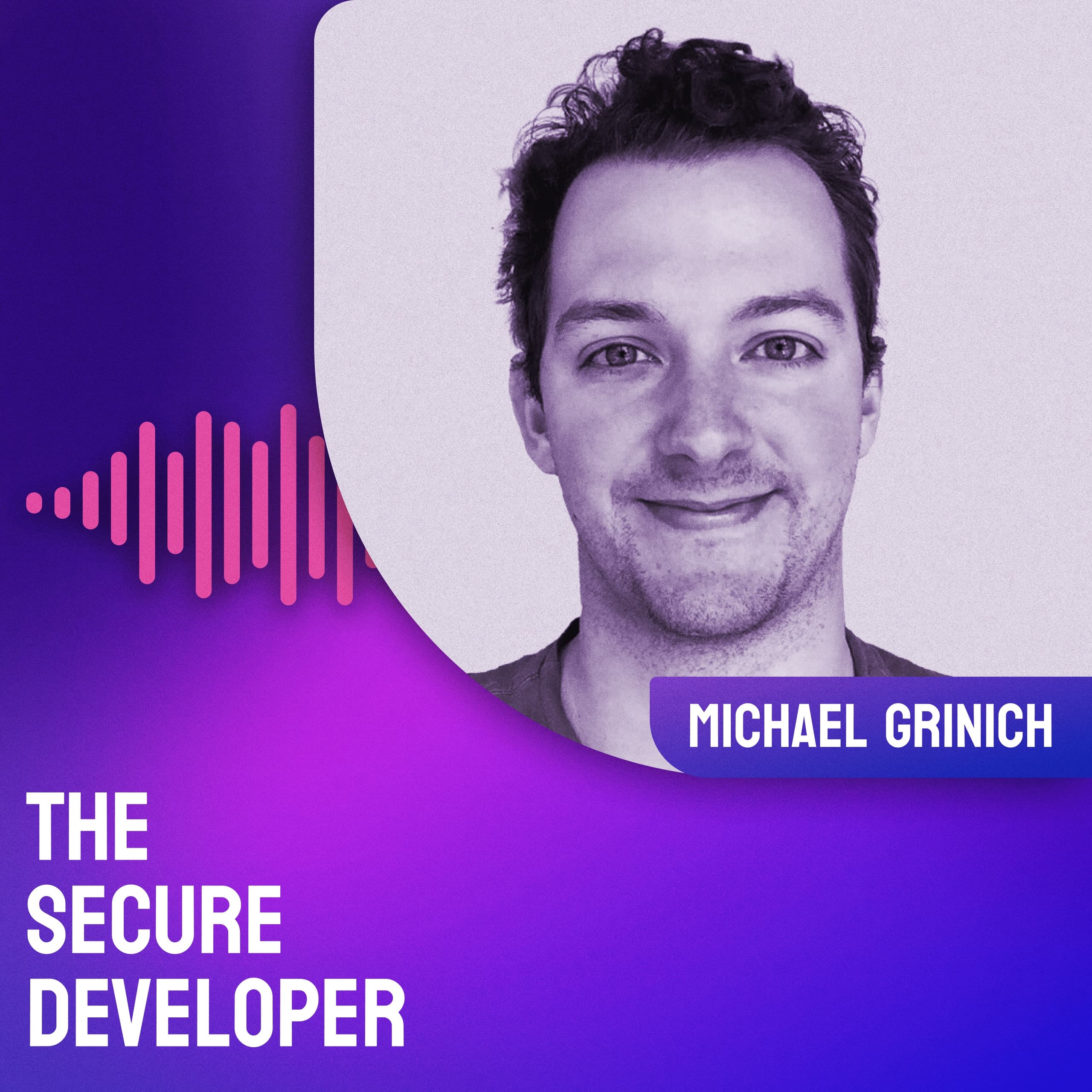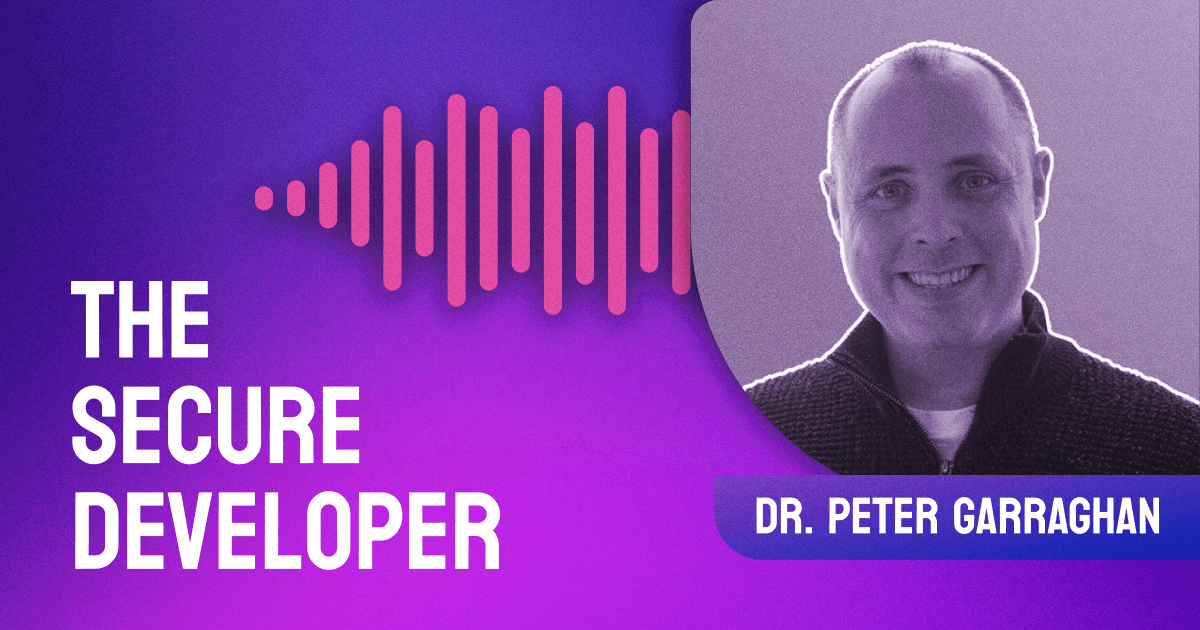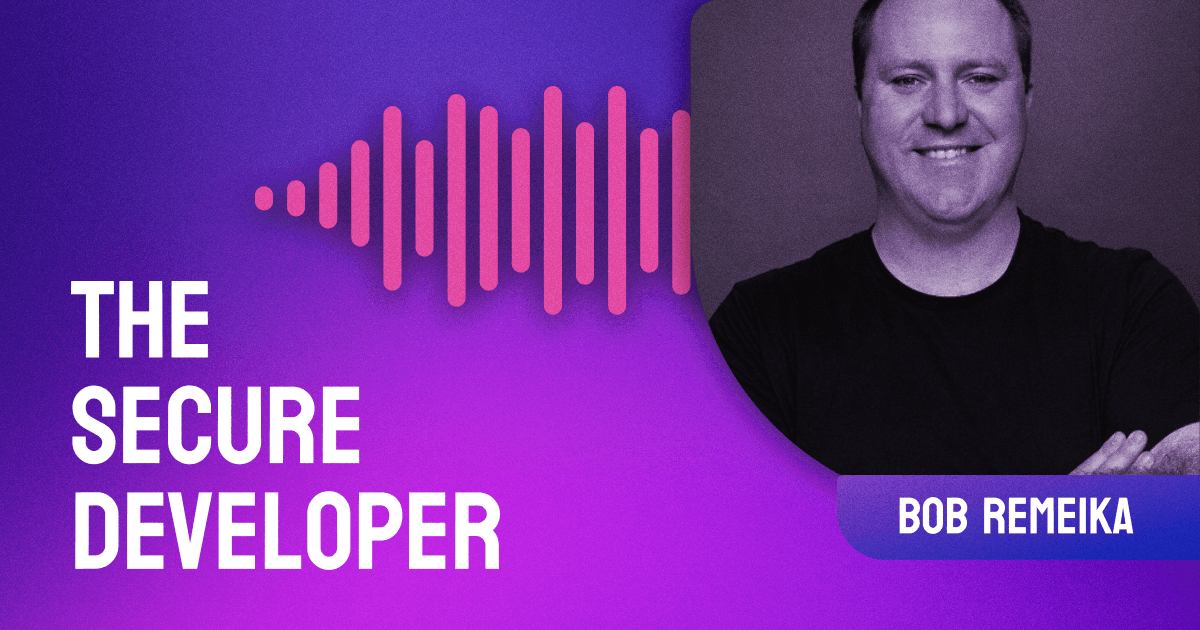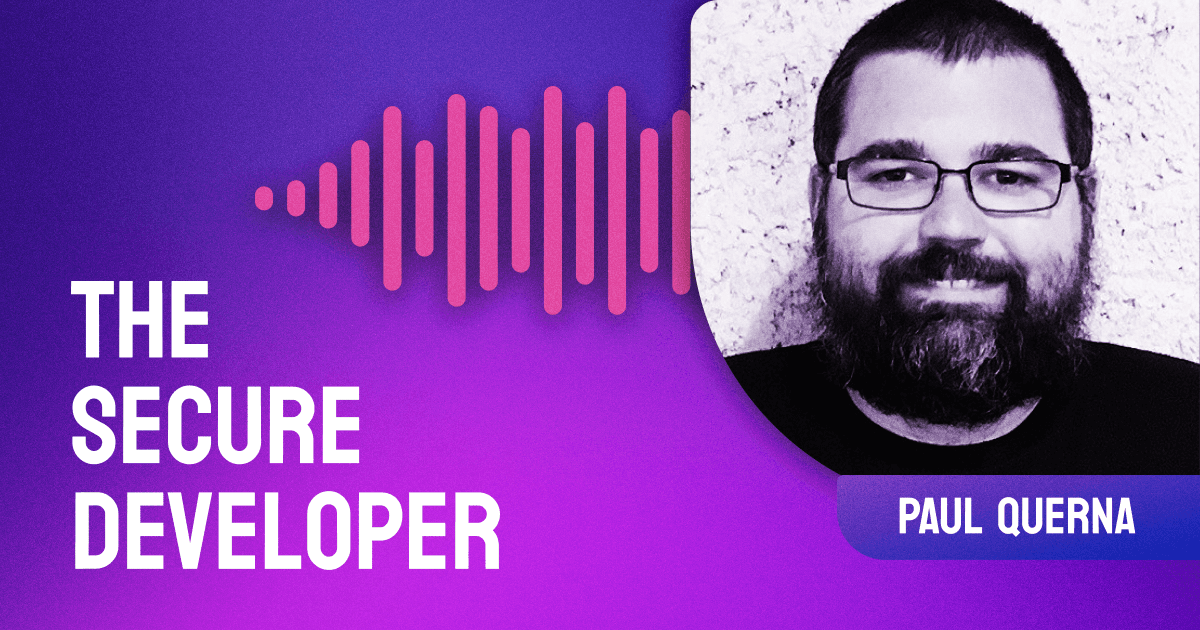Episode Summary
Will AI replace developers? In this episode, Snyk CTO Danny Allan chats with Michael Grinich, the founder and CEO of WorkOS, about the evolving landscape of software development in the age of AI. Michael shares a fascinating analogy, comparing the shift in software engineering to the historical evolution of music, from every family having a piano to the modern era of digital creation with tools like GarageBand. They explore the concept of "vibe coding," the future of development frameworks, and how lessons from the browser wars—specifically the advent of sandboxing—can inform how we build secure AI-driven applications.
Show Notes
In this episode, Danny Allan, CTO at Snyk, is joined by Michael Grinich, Founder and CEO of WorkOS, to explore the profound impact of AI on the world of software development. Michael discusses WorkOS's mission to enhance developer joy by providing robust, enterprise-ready features like authentication, user management, and security, allowing developers to remain in a creative flow state. The conversation kicks off with the provocative question of whether AI will replace developers. Michael offers a compelling analogy, comparing the current shift to the historical evolution of music, from a time when a piano was a household staple to the modern era where tools like GarageBand and Ableton have democratized music creation. He argues that while the role of a software engineer will fundamentally change, it won't disappear; rather, it will enable more people to create software in entirely new ways.
The discussion then moves into the practical and security implications of this new paradigm, including the concept of "vibe coding," where applications can be generated on the fly based on a user's description. Michael cautions that you can't "vibe code" your security infrastructure, drawing a parallel to the early, vulnerable days of web browsers before sandboxing became a standard. He predicts that a similar evolution is necessary for the AI world, requiring new frameworks with tightly defined security boundaries to contain potentially buggy, AI-generated code.
Looking to the future, Michael shares his optimism for the emergence of open standards in the AI space, highlighting the collaborative development around the Model Context Protocol (MCP) by companies like Anthropic, OpenAI, Cloudflare, and Microsoft. He believes this trend toward openness, much like the open standards of the web (HTML, HTTP), will prevent a winner-take-all scenario and foster a more innovative and accessible ecosystem. The episode wraps up with a look at the incredible energy in the developer community and how the challenge of the next decade will be distributing this powerful new technology to every industry in a safe, secure, and trustworthy manner.
Links
- WorkOS - Your app, enterprise ready
- WorkOS on YouTube
- MIT
- MCP Night 2025
- Snyk - The Developer Security Company




